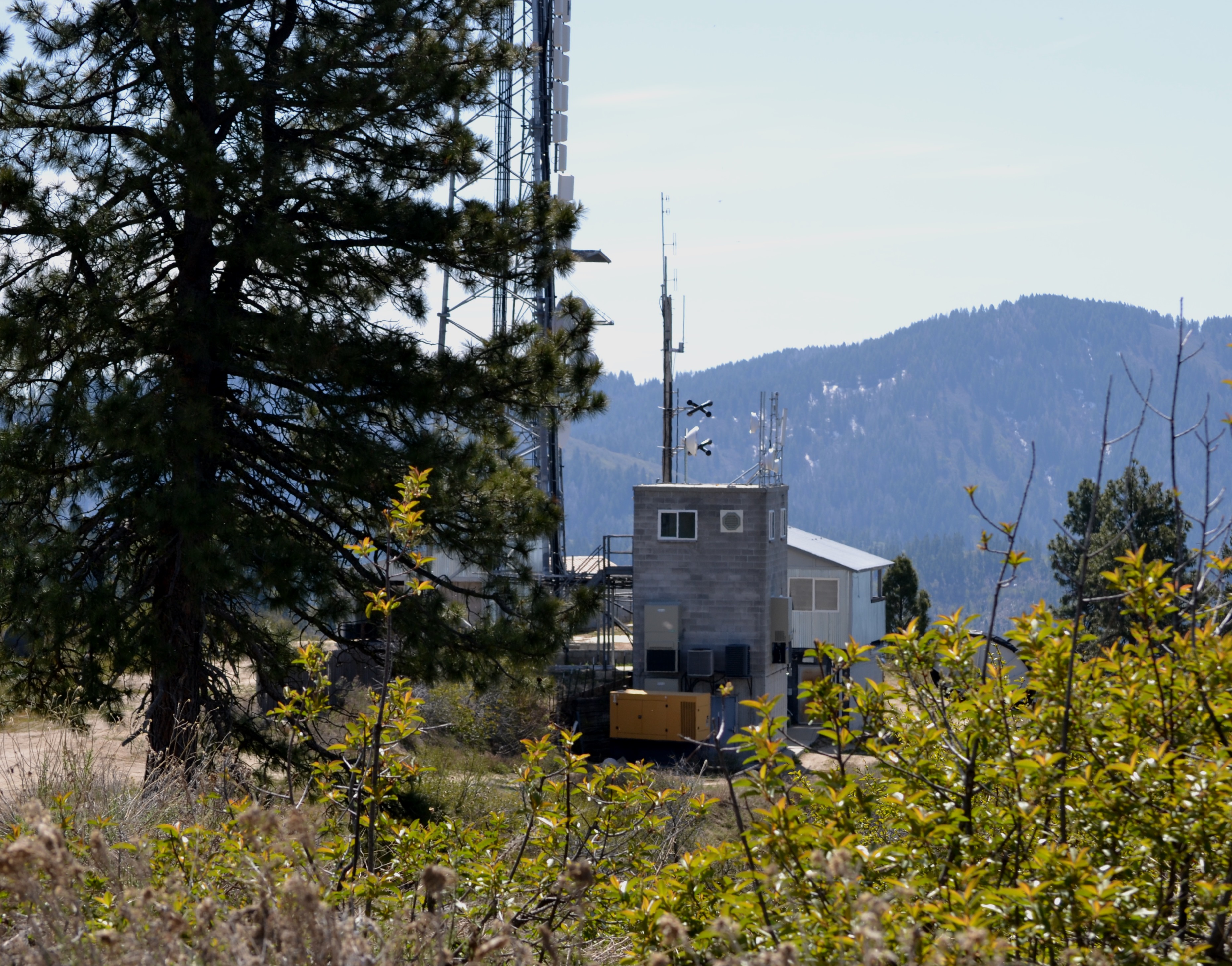Senators Blunt, Wyden Introduce Bill To Strengthen Protections for Small Rural Stations
The Low Power Protection Act would protect low power stations from interference by directing the FCC to give certain low power television stations primary status as Class A television licensees

The professional video industry's #1 source for news, trends and product and tech information. Sign up below.
You are now subscribed
Your newsletter sign-up was successful
WASHINGTON D.C.—U.S. Senators Roy Blunt (Mo.) and Ron Wyden (Ore.) have introduced the Low Power Protection Act. The bill would strengthen spectrum rights for certain low power television (LPTV) stations, which fill important gaps in broadcast service, particularly in those rural communities outside the reach of a full power signal, the Senators said.
“Local television stations play a unique and critical role in their communities, keeping viewers informed, entertained, and alerted in an emergency,” said Blunt. “The Low Power Protection Act would help ensure smaller stations, especially those in Missouri’s rural areas, are able to continue providing coverage that people depend on. I appreciate Senator Wyden’s partnership in this effort and the strong support the bill has received from local, state, and national broadcasters. I look forward to continuing to work together to advance the bill.”
“Low power television stations provide diverse, locally-oriented broadcasting in small communities across Oregon, especially in rural and remote areas of our state," said Wyden. "I’m proud to join my colleague Senator Blunt in introducing this common-sense, bipartisan bill to empower LPTV stations that serve their communities.”
LPTV stations usually provide locally-oriented or specialized service in their communities, the senators said. However, LPTV is currently considered a secondary broadcast service by the Federal Communications Commission (FCC). As such, LPTV licensees are not granted protections from harmful interference or displacement, and must accept harmful interference or displacement from full power television stations.
In 1999, in an effort to protect LPTV stations from harmful interference or displacement during the transition from analog to digital broadcasting, Congress passed the Community Broadcaster Protection Act (CBPA). The law created the “Class A” station status, and opened a one-time filing window for stations to apply. CBPA directed that Class A licensees be subject to the same license terms and renewal standards as full power television licensees, and that Class A licensees be accorded primary status as television broadcasters as long as they continue to meet the requirements set forth in the statute.
Blunt and Wyden’s Low Power Protection Act would require the FCC to open a new filing window during which qualifying LPTV stations could apply for and receive Class A status. Class A status will protect LPTV stations from being bumped off-air by harmful interference. That, in turn, will help ensure they are able to continue providing local coverage, and allow them to better protect existing investment and incentivize further investment in their stations and communities, the Senators said.
The bill has garnered support from numerous broadcast organizations and advocacy groups, including the LPTV Broadcasters Association, the NAB, the Missouri Association of Broadcasters, the Oregon Association of Broadcasters, the National Hispanic Media Coalition and Public Knowledge.
The professional video industry's #1 source for news, trends and product and tech information. Sign up below.
“The LPTV Broadcasters Association is grateful to Senators Blunt and Wyden for introducing The Low Power Protection Act,” explained Frank Copsidas, founder and president, LPTV Broadcasters Association, which has “strongly endorses the bill. It is an essential, meaningful initiative to serve the public interest. The Act is cited as “The Low Power Protection Act” and a key word is ‘protection.’ Much attention has been given to encouraging support for local journalism and jobs, and protecting television stations for the viewers they serve. Secure, trusted local news and culturally diverse content is the foundation of the programming that our members uniquely broadcast on a daily basis. Simply stated, this bill allows LPTV stations to grow to the next level in serving the public interest with both protection of broadcast coverage area and the ability to secure crucial small business financing. The LPTV Broadcasters Association on behalf of its members around the country is committed to seeing this legislation be passed.”
The NAB also issued a statement saying it “applauds the introduction of the Low Power Protection Act, which would offer some community-oriented low power television stations a long-overdue opportunity to gain important interference protections. Millions of viewers across the country rely on LPTVs for local news, weather, community affairs and emergency information, particularly in rural areas and smaller markets. This legislation would ensure Americans’ access to these vital stations and provide assurance that their signals can remain on the air.”
George Winslow is the senior content producer for TV Tech. He has written about the television, media and technology industries for nearly 30 years for such publications as Broadcasting & Cable, Multichannel News and TV Tech. Over the years, he has edited a number of magazines, including Multichannel News International and World Screen, and moderated panels at such major industry events as NAB and MIP TV. He has published two books and dozens of encyclopedia articles on such subjects as the media, New York City history and economics.

